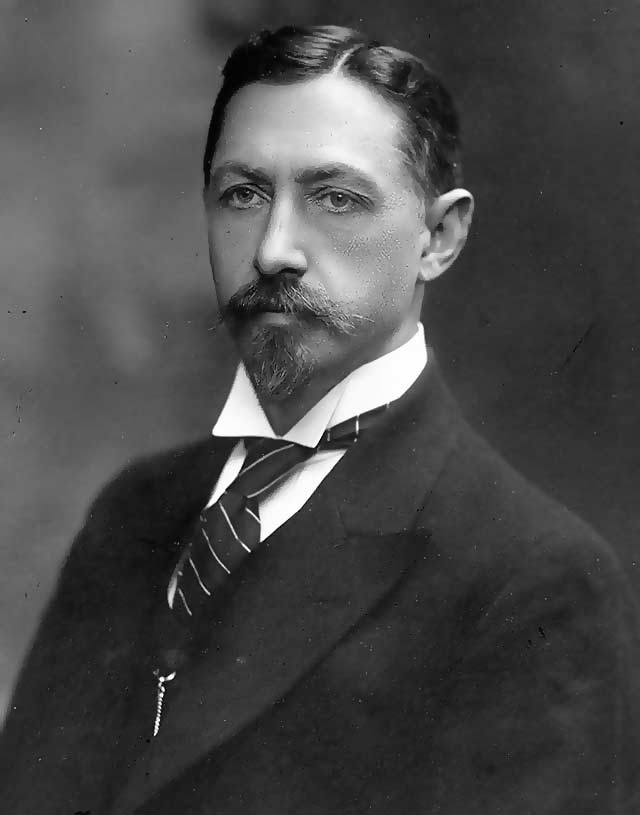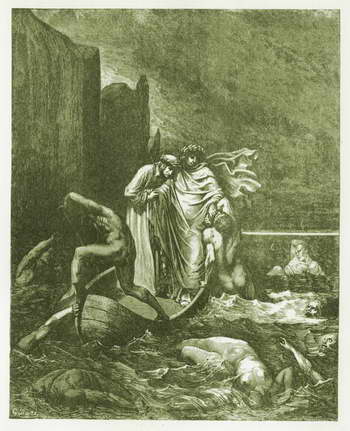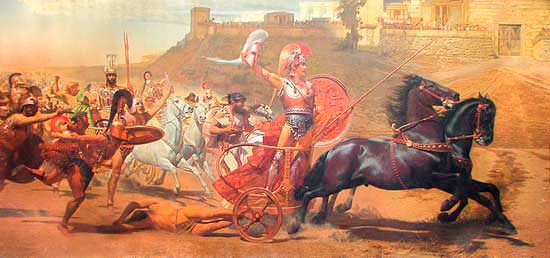Bulgakov “Crimson Island”
 But – yet, how much more I read in the house of E.S. [Elena Sergeevna Bulgakova]. At first I reached for the “Crimson Island” (1927) – a brilliant satire, to a production that was banned at the root at the same time, only slightly flashed in the Chamber Theater …
But – yet, how much more I read in the house of E.S. [Elena Sergeevna Bulgakova]. At first I reached for the “Crimson Island” (1927) – a brilliant satire, to a production that was banned at the root at the same time, only slightly flashed in the Chamber Theater …
Parses laughter already from the subtitle of the play [1] and the confused list of characters. A double theater, a theater in a theater, the spirit of theatrical life – just a playwright cannot write such a thing, but a natural theater theater, which Bulgakov was. The jubilant mischief of preparing the play: nobody even read the plays – already the dress rehearsal in make-up and costumes (and at the same time: what a political acuity!). Designed for brilliant stunts and game. (In the spirit of the same game – several times the citation from “Woe from Wit”.)
Typically scenic: the best artist – in a drinking bout. The role of the revolutionary chapter, the rogue, is performed by the “author” himself (and the breakthrough of the proper-Bulgakov despair of the hungry, poor author is the only serious place in the play, a romantic monologue). – True, with regard to the humor of the picture is uneven. All the 2 nd action and at the beginning of the 3 rd humor falls, there is a dynamic presentation, which a lot has happened in theaters. And from the second picture of the 3rd act – again the brilliance, the breakthroughs of theatrical cuisine and the welcome parish of Savva Lukich, the censor. And a lot of laughter in the epilogue.
In political terms, this is perhaps the sharpest Bulgakov’s work – a continuous mocking (very bold for that time) parody and a revolution (led by a rogue), to its trickster leaders, to its slogans and tirades, to its poisoned arrows, and the precarious Anglo-French intervention in defense of whites (“Europe cannot allow robbery”).
Yes, the white araps of Glenarvan – in the grotesque form they faithfully convey the position of the white emigration abroad. Very expansive interpretation of the play. And the very same – rudeness of the Soviet theater censorship.
From political replicas:
– Metelkin! Arrange an international revolution in five minutes. – Will, Gennady Panfilych!
– (scare): Slogan something! (parrot 🙂 Proletarians of all countries, unite!
– The smoke of the fatherland is pleasant to us from afar.
– Kolchak times … the times of Kolchak and the conquest of the Crimea.
“The Crimson Island” (1927) has the author’s subtitle: “The dress rehearsal of the play of citizen Jules Verne in the theater of Gennady Panfilovich with music, volcanic eruption and English sailors (in 4 acts with the prologue and epilogue)”. The play was first staged on December 11, 1928 at the A.Ya. Tairov. In June 1929, he was removed from the repertoire, during these half a year more than 60 performances were given. Written based on the eponymous feuilleton of the same name, published in the Berlin daily émigré newspaper On the Eve (1924. Apr. 20). The text of the play during the life of Bulgakov was not published.



